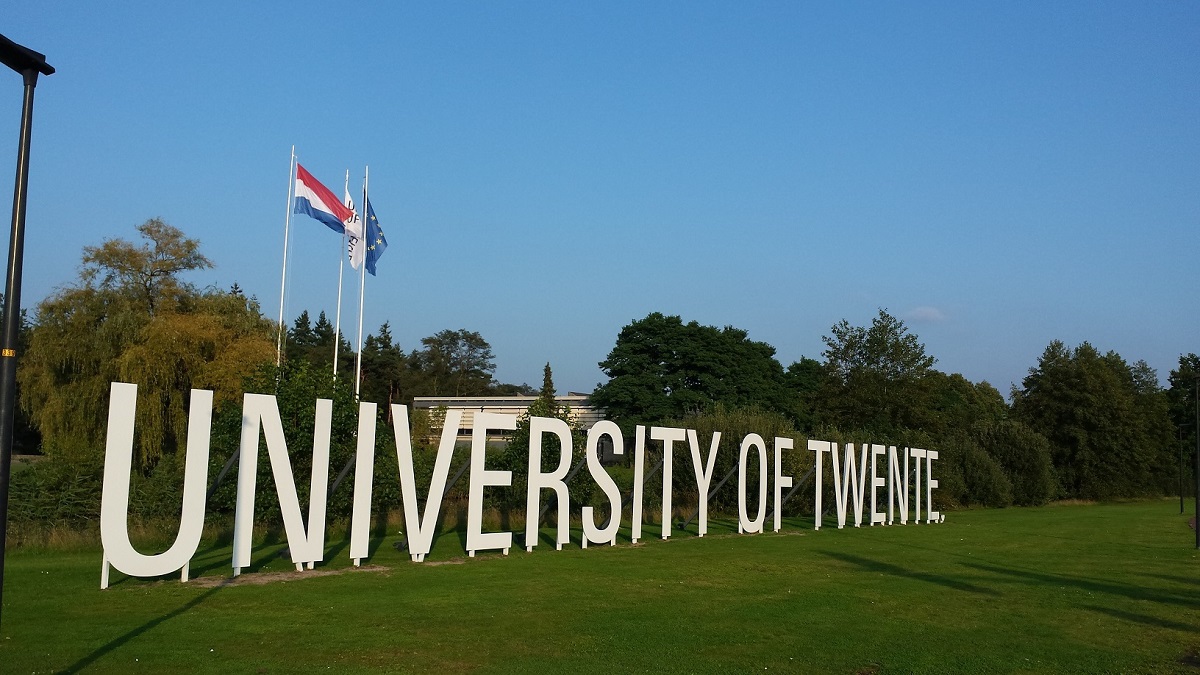
The Challenge:
Thyroid nodules, a prevalent concern, require a comprehensive approach to discern their potential risks, specifically in relation to thyroid cancer. Currently, ultrasound (US) imaging stands as the primary method for assessment. However, this method often leaves us with findings that lack specificity, causing uncertainty. This uncertainty prompts the need for invasive procedures like needle aspiration and sometimes even open surgery for a conclusive diagnosis.
The Opportunity:
Imagine a solution that transforms the landscape of thyroid nodule assessment. Enter photoacoustic imaging—a breakthrough technology that promises to enhance our understanding. Our endeavor revolves around augmenting ultrasound nodule classification with an array of supplementary features and metrics. By introducing quantitative and discriminative weighting factors, we aim to refine diagnostic accuracy.
While the potential of photoacoustic imaging is undeniable, there are significant strides to be made before clinical implementation can be realized. Important aspects to be worked on are imaging depth, image quality, reduction of artifacts and improve the ability to characterize tissues accurately. All this will help to us to differentiate better between benign and malignant nodules.
The Collaborative Ecosystem:
You will be a PhD student in the project THYNAS+. The position is embedded in the Multi-Modality Medical Imaging group within the strong photoacoustic-ultrasound community at the University of Twente (UT). Within the project you will have the unique chance to be part of a larger team comprising AI experts at the UT, clinicians from the University Medical Centre Groningen (UMCG) and Ziekenhuis Group Twente (ZGT), and industry leaders in photoacoustic-ultrasound technology Seno Medical Instruments. You will have the opportunity to engage with a PhD student from UMCG, a Post-doc at the UT and engineers at Seno to exchange ideas, insights, and expertise that pave the way for creation, discovery and advancement. Further, the project is guided by the Dutch Cancer Society (‘KWF Kankerbestrijding’ ). KWF is committed to fight cancer by scientific research, education, patient support and fundraising in cooperation with volunteers, donors, patients, doctors and researchers.
YOUR PROFILE
You have a Master´s degree in Biomedical Engineering or Applied Physics. Excellent fundamentals in imaging methods is required. Experience with biomedical optics and imaging methods especially ultrasound or photoacoustics is desirable. The research is 60% experimental and 40% modelling and simulations. The favored candidate is passionate and determined to learn, create, and discover, with a keen sense of curiosity. Your enthusiasm for pushing boundaries will play a pivotal role in our collaborative efforts. We expect the candidate to have excellent command of the English language as well as professional communication and team working skills.
OUR OFFER
The University of Twente offers a stimulating work environment in an area of applied, forefront research. You will have an employment contract for the duration of 4 years and can participate in all employee benefits the UT offers. The gross monthly salary starts with € 2.770,- in the first year and increases to € 3.539,- in the fourth year of your employment. Additionally, the University of Twente provides excellent facilities for professional and personal development, a holiday allowance (amount to 8%) and an end of year bonus of 8,3%. A high-quality training programme is part of the agreement. The research has to result in a PhD thesis at the end of the employment period. The position is available from the first of October 2023.
INFORMATION AND APPLICATION
For further information you can contact Dr. Srirang Manohar (s.manohar@utwente.nl). Candidates are invited to upload their application at the UT web address, including a motivation letter, references (at least 3), and CV (including obtained degrees and publications, if any) to the application button below.




